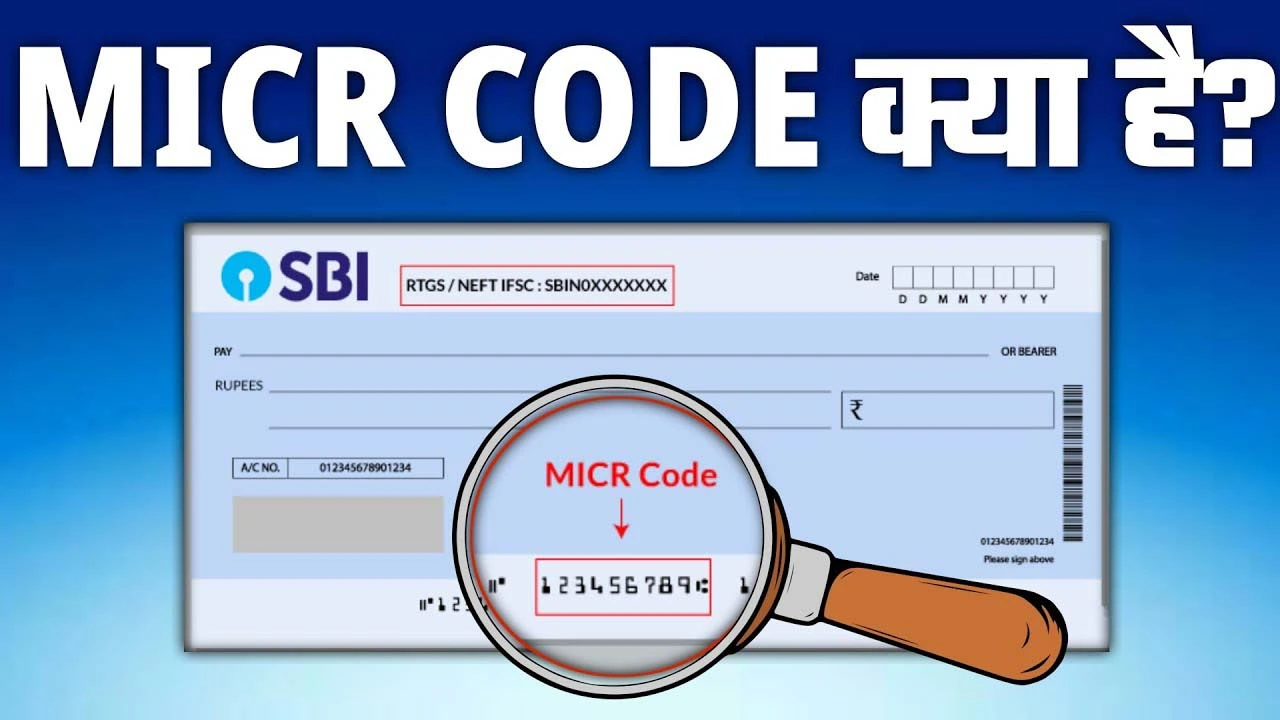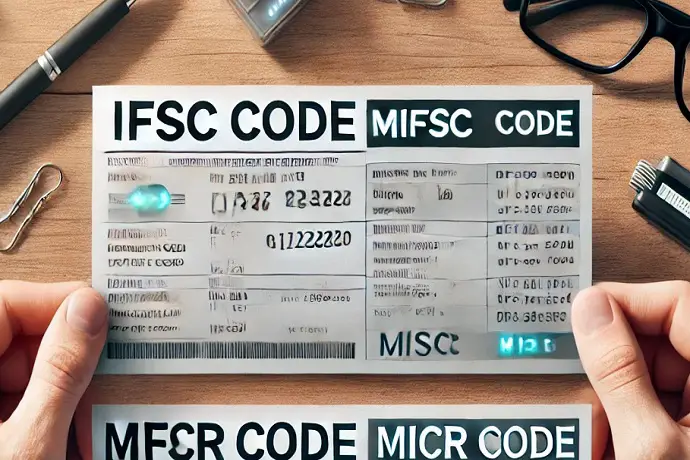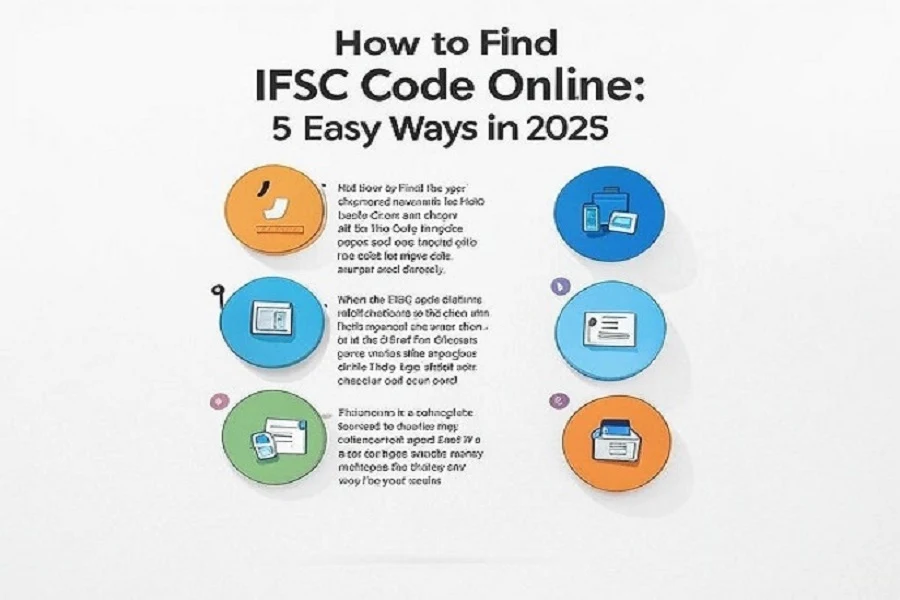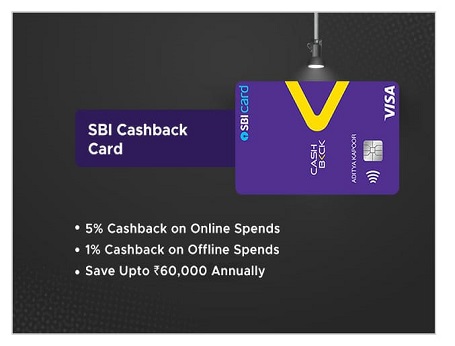
A Roadmap to Secure Your Dream Job in Finance
In today's dynamic job market, securing a position in the banking sector remains a coveted achievement. A career in banking not only offers financial stability but also provides a platform for professional growth and development. To embark on this rewarding journey, it's crucial to navigate the application process strategically. Here's a comprehensive guide on what to do to land a bank job.
1. Educational Qualifications: Lay a Strong Foundation
Banks often seek candidates with a solid educational background. A bachelor's degree in finance, business administration, economics, or a related field is highly valued. Some positions may require advanced degrees such as an MBA. Ensure your academic qualifications align with the specific requirements of the roles you are targeting.
2. Build Relevant Skills: Master the Banking Toolkit
Develop a diverse skill set that aligns with the demands of the banking industry. Strong analytical skills, attention to detail, and proficiency in financial analysis are key. Additionally, hone your communication and interpersonal skills, as client interaction is a crucial aspect of many banking roles. Familiarize yourself with financial software and stay updated on industry trends.
3. Networking: Connect and Collaborate
Networking is a powerful tool in the job search process. Attend industry events, seminars, and workshops to meet professionals in the banking sector. Utilize online platforms like LinkedIn to connect with individuals working in banks or related financial institutions. Networking not only enhances your visibility but also provides insights into the industry and potential job openings.
4. Internships: Gain Practical Experience
Securing internships in banking institutions is a strategic move. Practical experience not only adds weight to your resume but also offers valuable insights into the day-to-day operations of a bank. Internships provide an opportunity to apply theoretical knowledge in a real-world setting and make you a more attractive candidate to potential employers.
5. Certifications: Stand Out with Professional Qualifications
Consider obtaining relevant certifications to enhance your qualifications. Certificates such as the Chartered Financial Analyst (CFA) or Certified Public Accountant (CPA) can significantly boost your credibility in the eyes of prospective employers. Tailor your certifications based on the specific requirements of the banking role you aspire to.
6. Customize Your Resume: Showcase Your Achievements
Craft a tailored resume that highlights your educational background, skills, and relevant experience. Emphasize achievements that demonstrate your ability to contribute to a banking environment. Use quantifiable metrics to showcase your impact, such as successful projects, revenue generated, or cost savings.
7. Prepare for Interviews: Ace the Selection Process
Thoroughly research the bank you're applying to and understand its values and mission. Practice common interview questions and be prepared to discuss your experiences and how they align with the requirements of the role. Showcase your knowledge of the banking industry and your enthusiasm for contributing to the success of the institution.
8. Stay Informed: Follow Industry Trends
Demonstrate your commitment to the banking sector by staying informed about industry trends, regulatory changes, and market developments. This not only showcases your dedication but also positions you as a candidate who can navigate the complexities of the financial landscape.
9. Professionalism: Exhibit a Strong Work Ethic
Throughout the application process, exhibit professionalism in your interactions. This includes prompt and well-crafted communication, attention to detail in your application materials, and a strong work ethic during interviews and assessments. Banks value candidates who can contribute positively to their professional culture.
10. Persistence: Stay Committed to Your Goal
The job market can be competitive, and securing a bank job may take time. Stay committed to your goal, be persistent in your efforts, and be open to learning from each application or interview experience. Seek feedback, if possible, and use it to refine your approach.
In conclusion, the path to a successful career in banking involves a combination of education, skills development, networking, and strategic planning. By following these steps, you can position yourself as a strong candidate and increase your chances of securing a fulfilling and rewarding job in the banking sector.












